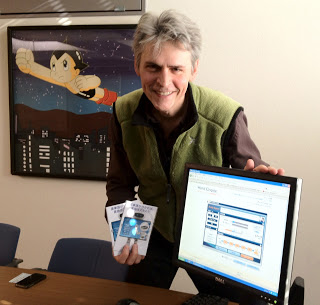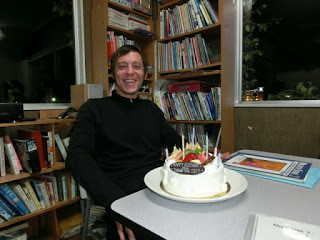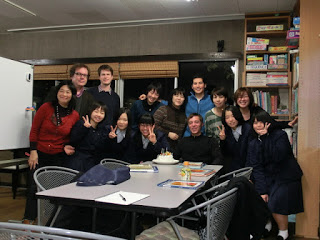Period: 2 consecutive semesters; Spring and Fall 2011-12
期間:2011-2012年前期後期
Participants: 222 second year Nigata Prefectural University students.
調査参加者:新潟県立大学2年生222人
Pre and Post Tests used: Q-Lex item (word) recognition speed test. TOEFL language proficiency test.
調査前後し使用されたテスト:Q-Lex語彙認識スピードテスト TOEFLテスト
Shared Curriculum: 230 hours of classroom instruction plus 40 hours of assignments.
使用したカリキュラム:生徒受講時間230時間、40時間分の課題
Experimental group variable: 147 students studied the shared curriculum and used WordEngine about 10 minutes per day.
実験群変数:147人が共通のカリキュラムを受講し1日に 10分Word Engineで学習
Control group: 75 students studied the shared curriculum but did not use WordEngine.
対照群:75人が共通のカリキュラムを受講しWord Engineは使用していない
Summary of Q-Lex Findings: Q-Lex試験の結果
Control Group: Item recognition speed did not increase.
対照群:語彙認識スピードは上がらなかった
Experimental Group: Item recognition speed increased 5 times over pre-test level.
実験群:テスト前より語彙認識スピードが5倍になった
Summary of TOEFL Findings: TOEFLテストの結果
Control Group: TOEFL scores increased 33 points on average.
対照群:TOEFLテストの結果が33点上昇
Experimental Group: TOEFL scores increased 48 points on average. (45% higher than control). However, score increases for Intermediate and Advanced learners were much higher than 45%. See chart below.
実験群:TOEFLテストの結果が48点上昇。(対照群より45%高い)
ただし、中級、上級学習者においては45%以上の増加があった。下記グラフを参照。
一日10分のWord Engine使用で大変大きな成果が出ているのがわかりますね。単語覚えは一人でやるのはとても大変ですし、誰かと毎日やることも大変です。でも一日10分ゲーム感覚で「晩ご飯の後は単語10分」とか「歯を磨いたら10分」など生活の中に取り込んで時間を決めてやることで数ヶ月後には大きな成果が期待できます。






